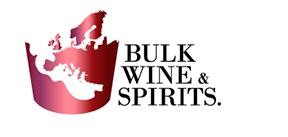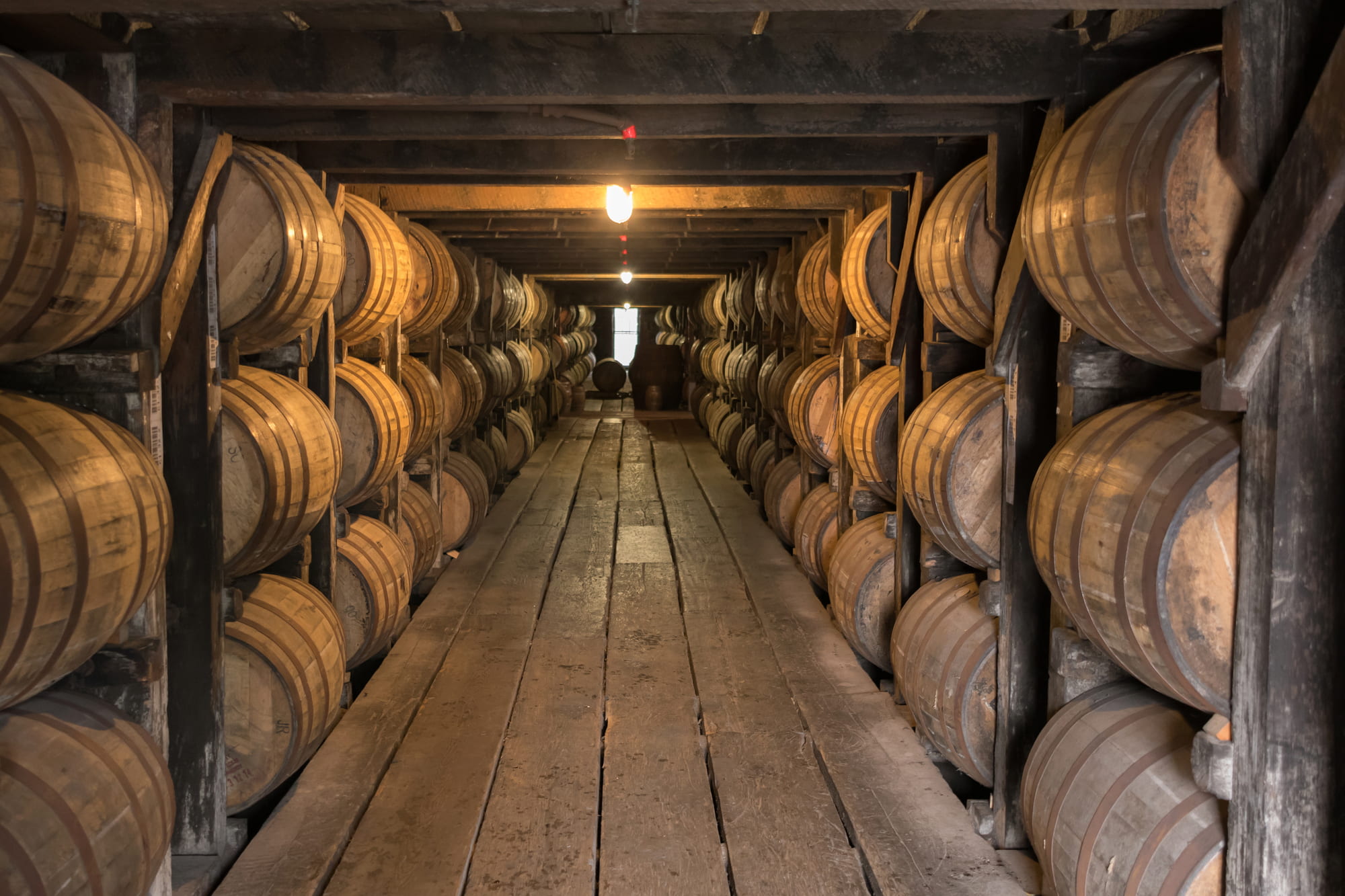First attempts
We all love to visit the halls of a Bourbon distillery and see the bourbon barrels resting. But today we’d like to talk about Bourbon with accelerated ageing and the other sciences of creating Bourbon from scratch.
There has always been interest in accelerating the maturation of whiskey. Time is money for the distiller and the sooner the whisky matures, the sooner they can sell their products. It is up to the consumer to decide whether the methods used work and whether these distillers have really found a way to cheat time.
We have been thinking about this for years, in fact, in the 1870s, Frederick Stitzel developed and patented a system of cask racks in warehouses to “improve ageing”. This system allowed for better airflow around the ageing barrels. Prior to this system, barrels were simply stored in stacks in the warehouse. This system quickly became the standard for ageing warehouses and is still used today.
Growing demand, a problem
Today we know that Kentucky bourbon is in high demand. The demand has created a problem: a shortage of barrels. Bourbon is usually aged for several years in wooden barrels. On an environmental level, accelerated ageing can provide a solution.
The basics of barrel ageing are that, with the right catalysts in the wood, acids are converted to esters and polymers in the wood, such as lignins and cellulose, are broken down, interacting with oxygen all the time for further transformation.
Accelerated ageing, the solution?
For accelerated ageing there are several patents, one of which involves the carefully controlled application of ultrasonic energy, heat and oxygen.
Others focus on oxygen, temperature and pressure without emphasising how much traditional ageing time their process represents. They see it as a more effective process to manage the flavours extracted from the wood. Given that over 60% of a whisky’s aroma and flavour comes from the interaction with the wood, we strongly believe that this is a great opportunity to innovate on flavour without using sugars, syrups or any artificial flavours or colours.
The real advantage of accelerated ageing is that you can take risks that you couldn’t take in a traditional distillery. You can afford to do 100 trials, and out of those 100 trials of different combinations, you might come up with four or five products that you actually end up making and selling. The great thing is, you can taste everything and pick the winners, which otherwise wouldn’t make any economic sense.
Handicaps
One of the biggest hurdles for fast-aged whisky: the classification of your products – can they really be labelled and classified in the same way as traditionally aged Bourbon?
According to TTB definitions, bourbon and rye must be stored in charred new oak containers, but there is no time specification. The spirit can literally go into the barrel, slosh around and be poured, and it meets the requirements. Bourbon can stay in a new barrel for a month. It is really during the first three months that the wood has the most influence on the liquid.
What will change?
If this really is a game changer, if they really can produce 20-year-old bourbon in a lab and it catches on, then the value of millions of barrels of whiskey that are currently being aged could plummet. So, the creators of these accelerated ageing patents have been negotiating with traditional distilleries to see how you can market their products without running afoul of them.
Of course, this assumes that fast-ageing whisky is not only here to stay, but that it would sweep away the traditional competition. However, that is not likely to happen.
Of course, “traditional” whisky is not going anywhere, far from it, and so far all the fast-ageing products and companies look less like a replacement and more like a narrow extension of the market, and perhaps a glimpse of what the future may hold.
Imagine that in 50 years’ time, human civilisation starts colonising Mars. It will be impossible to get dozens or hundreds of barrels of whisky to the red planet, but we might be able to distil some once we get there and put it in a machine.
Need Bourbon?
Please note, as always, we still have limited access to traditional bourbon from a variety of origins.
If you want to create a Bourbon RTD product you can ask us about such alternative products as they might fit in very well.
Check our current stock and consult our specialist Flori for more information.

